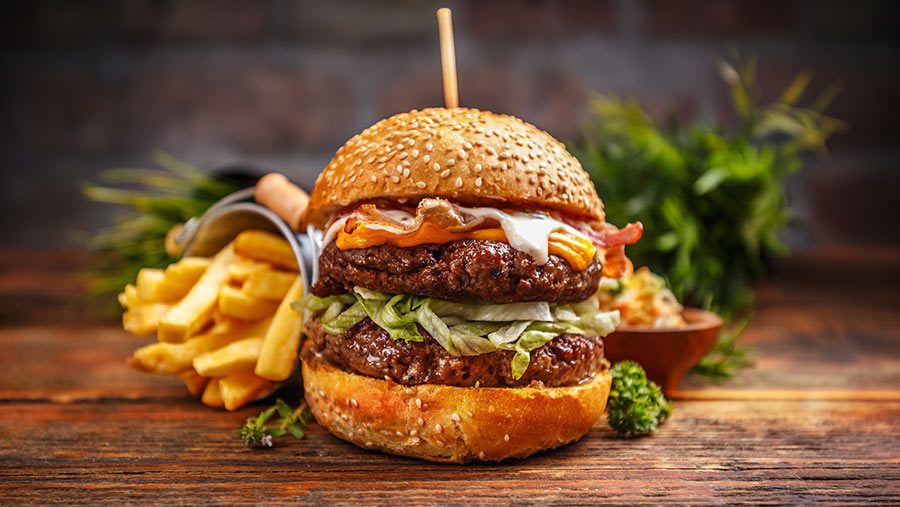Opinion: Food strategy misses chance to bolster UK’s health
 © Grafvision/Adobe Stock
© Grafvision/Adobe Stock Boris Johnson has ducked the obesity crisis yet again, hoofing the taxes on salt and sugar proposed by Henry Dimbleby for the food strategy into the long grass.
“Best way to lose weight, believe me, is to eat less,” said the prime minister.
It shouldn’t come as a surprise. Two years ago, Mr Johnson was touted as “weightwatcher in chief” shortly after his hospitalisation from Covid-19.
But he has yo-yoed on nearly every policy that has crossed his desk since.
See also: Food strategy receives mixed reaction from industry
His messaging on obesity has been especially contrary since he was a shadow education spokesperson some 16 years ago.
Then, Mr Johnson praised parents who were supplying fast food to pupils at a school in Rotherham.
Defying the school’s healthy eating messaging, he declared: “Why shouldn’t they push pies through the railings? If I were in charge, I would get rid of Jamie Oliver and tell people to eat what they liked.”
That was in 2006. Wheat was £58/t and we were on the cusp of the world food crisis that led to the Arab Spring uprising.
The optics of introducing a sugar and salt tax in 2022 may be damaging for a political party when the country is struggling to make ends meet.
But abandoning these taxes because of the cost-of-living crisis is yet another calculated spin from Number 10.
In July last year, and again in February 2022, the Financial Times reported that Mr Johnson was worried how these “nanny state” interventions would be received.
His rowing back of the proposed reforms would be part of “Operation Red Meat” (oh, the irony), aimed at rallying wavering Tory MPs behind him.
The social annual cost of obesity in the UK is estimated to stand at about £58bn – equivalent to 3% of GDP – hardly “nanny state” insignificance.
The prime minister’s opposition to the sugar and salt tax exposes the concerning power yielded by the food industry.
It suggests that the wealth it creates is more important than the health it destroys.
There are parallels with the “opioid epidemic” in the US.
The prime minister’s opposition to the sugar and salt tax exposes the concerning power yielded by the food industry.
We now know that for three decades, Big Pharma pedalled a culture for curing pain because it was significantly more profitable than preventing it – driving money into the pockets of the wealthy, disregarding the cost to society.
Reformulating food recipes to replace the palatability derived from salt and sugar will be costly. But £58bn costly?
What better time to lever funding from a tax to support families through the cost-of-living crisis and redefine how British produce is prioritised, consumed and valued within society?
Henry Dimbleby spoke of the worrying lack of ownership for the government’s food strategy. It needs to be controlled centrally and co-ordinated more clearly, he said.
Conveniently, the ideological arm wrestling within government dissipates accountability.
Defra secretary George Eustice tells us the new food strategy backs farmers to strengthen the resilience of the nation’s supply chains and increase domestic production, so “we will grow and eat more of our own food”.
But how can we applaud a food strategy that, as Mr Eustice puts it, “incentivises farmers to do right by our soils”, the bedrock of our farms’ health, while dismissing the damage of salt and sugar in processed foods, which is the bedrock of our nation’s health?

